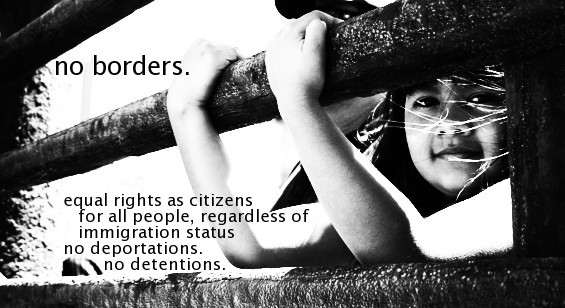The Steady March to War on Iran: What It Would Take to Stop It By VIRGINIA TILLEY
From its inception, the US occupation was a lose-lose proposition. Simply rolling into Iraq -- a society of which the Bush neocons had so distorted a conception and US occupation commanders and foot soldiers had no grasp at all - was a formula for doom. But US policy in the Middle East has now advanced to a new stage and the risk to the rest of us has changed. For stopping an attack on Iran, which is the only way to avert final regional disaster, may require action in Washington that falls outside the parameters of what is normally politically possible.
For the first two years of the occupation, the US dilemma was plain to everyone. On the one hand, pulling out "prematurely" promised an internal Iraqi melee for power and the quick collapse of the feeble pro-US Iraqi government. On the other hand, the ongoing presence of American troops and the inevitable brutalities of occupation could only inspire more armed resistance, progressively wreck US legitimacy, and make things worse. As it staggered forward, wreaking tens of thousands of direct Iraqi casualties (and possibly hundreds of thousands in indirect ones), the US occupation fed an unprecedented surge of anti-US and anti-western militancy. As a result, three short years later, five decades of largely uncontested US hegemony in the Middle East are collapsing into the same clouds of dust now engulfing Iraq's national society -- the World Trade Center towers going down in slo-mo.
(Click here to read more)





